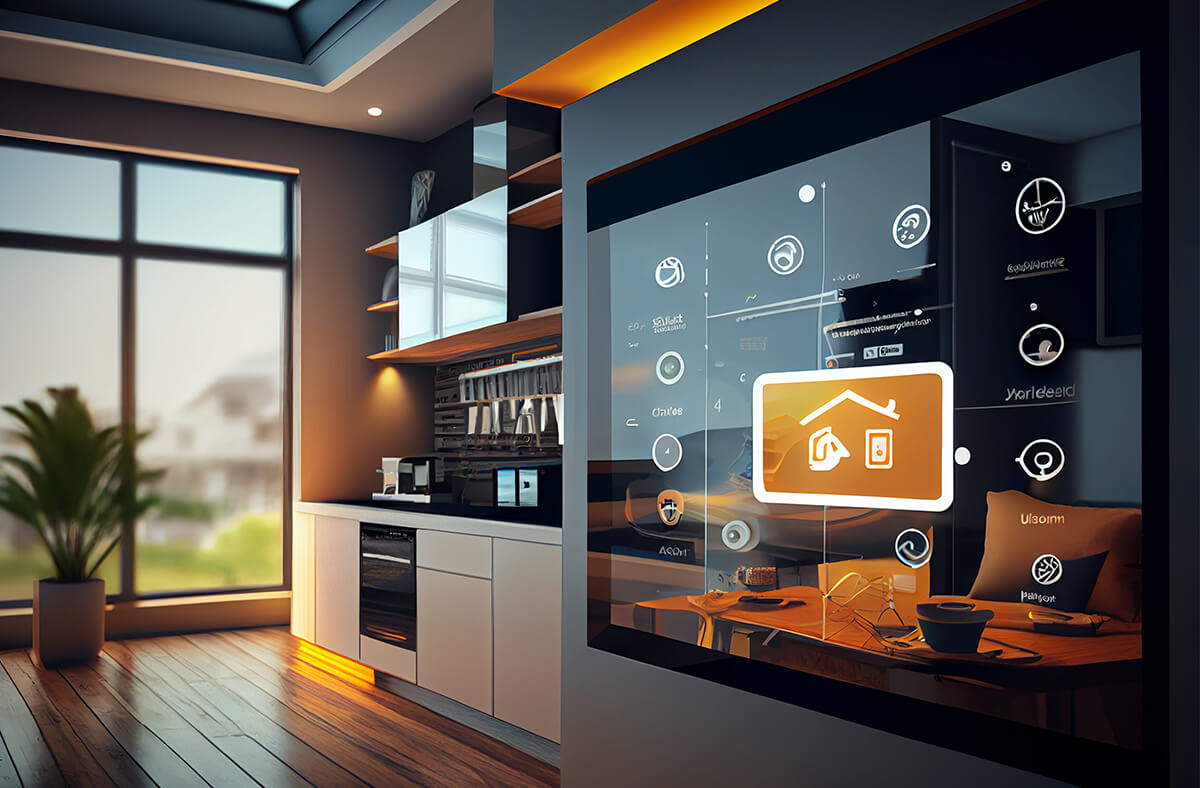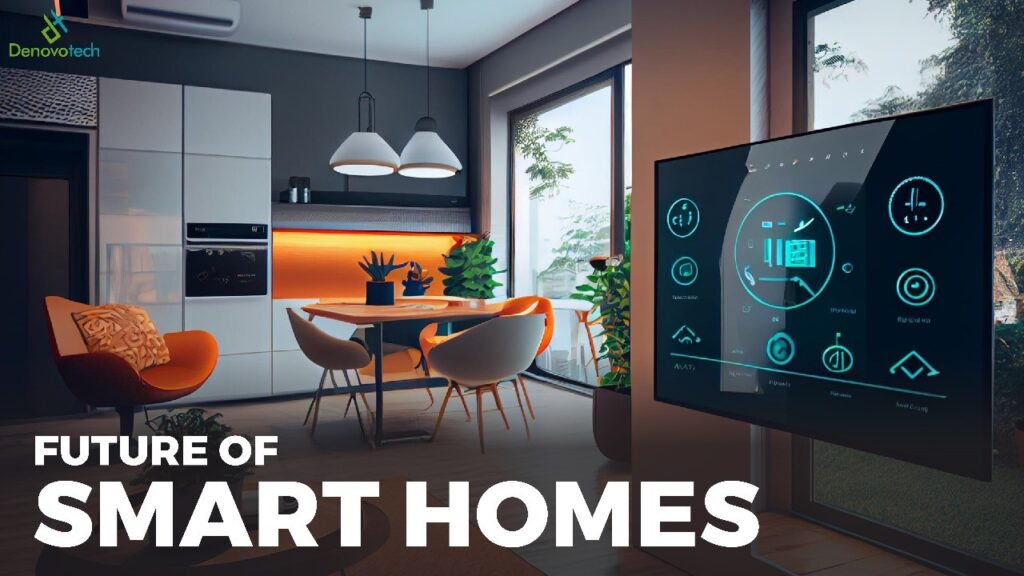The Future of Smart Homes: Trends and Technologies to Watch
The Future of Smart Homes: Trends and Technologies to Watch

The Evolution of Smart Homes: Trends and Innovations Shaping the Future
Introduction: Smart homes have transcended from a futuristic notion to a tangible reality, fundamentally altering our relationship with domestic spaces. Through the integration of technology, these homes offer unparalleled convenience, efficiency, and connectivity. Understanding the current trends and innovations driving this dynamic landscape is essential for navigating the future of smart homes.
Defining Smart Homes: Smart homes encompass residences equipped with interconnected devices and systems that automate tasks, bolster security, and provide enhanced control through networked connectivity. Leveraging technology optimizes various functions, effectively catering to the needs of occupants.

Evolution of Smart Home Technology: Smart home technology has undergone a remarkable evolution, progressing from rudimentary automation to sophisticated ecosystems. Early iterations focused on basic tasks, while today’s systems integrate advanced AI, IoT devices, and interconnected networks.
Current Trends in Smart Homes:
- Voice Assistants and AI Integration: Ubiquitous voice assistants like Amazon’s Alexa and Google Assistant enable seamless control of smart devices through voice commands. AI integration enhances adaptability and personalization, learning user preferences for optimized experiences.
- IoT Devices and Connectivity: The Internet of Things (IoT) facilitates connectivity among devices, enabling communication and coordination for diverse functionalities. Smart thermostats, lighting systems, security cameras, and entertainment devices exemplify interconnected IoT devices in modern homes.
- Energy Efficiency and Sustainability: Smart homes prioritize energy efficiency and sustainability through automated systems that regulate energy consumption. Features like smart lighting and thermostats contribute to eco-friendly living by optimizing usage patterns.
Innovations Driving the Future of Smart Homes:
- Advancements in Home Automation: Continuous innovations in automation empower homeowners with greater control over their environments. Automated appliances, smart home hubs, and intuitive interfaces simplify interactions within the home ecosystem.
- Enhanced Security Systems: Innovations in security systems incorporate AI-powered surveillance, facial recognition, and smart locks, ensuring robust protection and peace of mind for occupants.
- Integration of Health and Wellness Technologies: The future of smart homes integrates health and wellness technologies, from health monitoring devices to smart gyms and personalized wellness platforms, actively contributing to occupants’ well-being.
Challenges and Opportunities:
- Privacy Concerns and Data Security: Interconnected devices raise concerns about data security and privacy breaches, necessitating measures to maintain trust and ensure safe operation.
- Accessibility and Affordability: Ensuring accessibility and affordability of smart home solutions remains a challenge, despite rapid technological advancement. Widening access will drive widespread adoption.
- Market Growth and Potential: The smart home market presents significant growth opportunities for innovators and businesses, catering to diverse consumer needs with affordable and diverse solutions.
Impact on Modern Living:
- Convenience and Comfort: Smart homes redefine convenience with streamlined experiences, automated routines, remote controls, and predictive features enhancing comfort and ease of living.
- Sustainable Living Practices: Integration of energy-efficient solutions promotes sustainable living, aligning with global efforts toward environmental conservation.
- Changing Lifestyle Dynamics: Smart homes accommodate flexible work arrangements, personalized entertainment, and tailored experiences, influencing lifestyle dynamics significantly.
The Role of AI in Smart Homes:
- AI-Driven Personalization: AI algorithms analyze user behaviors to personalize experiences, adjusting settings based on preferences and habits for enhanced comfort.
- Predictive Analytics and Optimization: Utilizing data analytics, smart homes predict user needs and optimize resources, contributing to efficient usage patterns and resource management.
- Future AI Applications in Smart Homes: Anticipated AI applications include advanced predictive capabilities, enhanced personalization, and seamless integration with emerging technologies, further enhancing the smart home experience.
Future Outlook and Predictions:
- Anticipated Technological Advancements: The future of smart homes will witness innovations in augmented reality interfaces, autonomous functionalities, and deeper integration with smart cities, revolutionizing living experiences.
- Societal Implications and Adaptation: As smart homes become more prevalent, society will adapt to a lifestyle centered around interconnected technology, influencing various aspects of daily living and societal norms.
Conclusion: The future of smart homes holds immense promise, revolutionizing living experiences with ongoing innovations in technology. These homes will continue to offer convenience, sustainability, and personalization, fundamentally transforming lifestyle dynamics and shaping the way we interact with our living spaces.